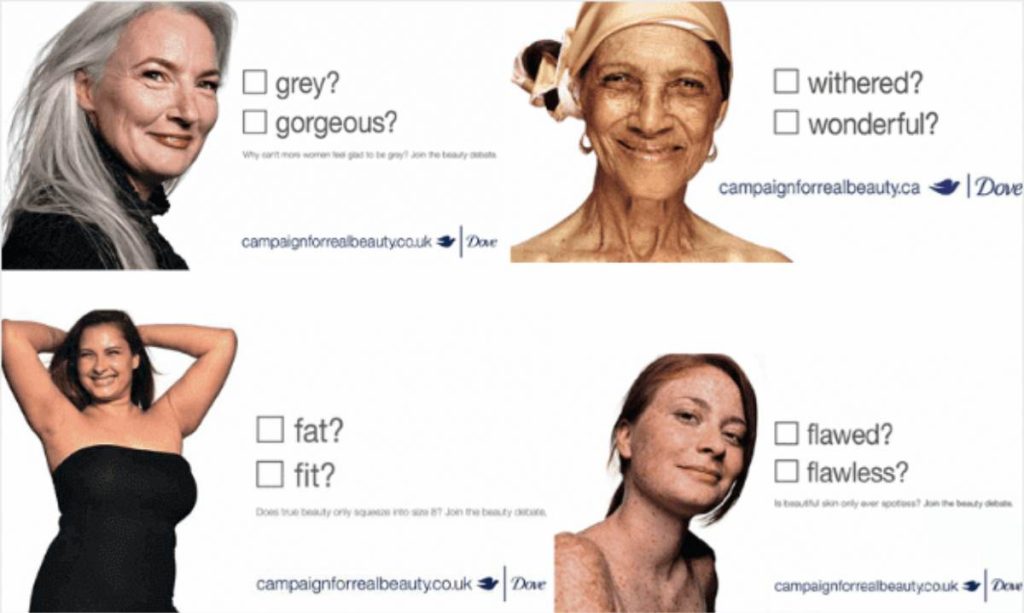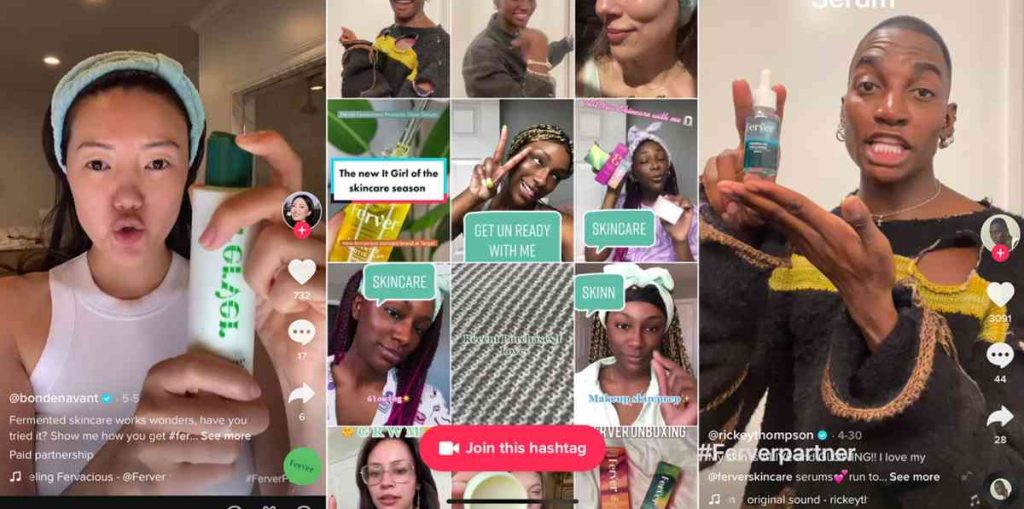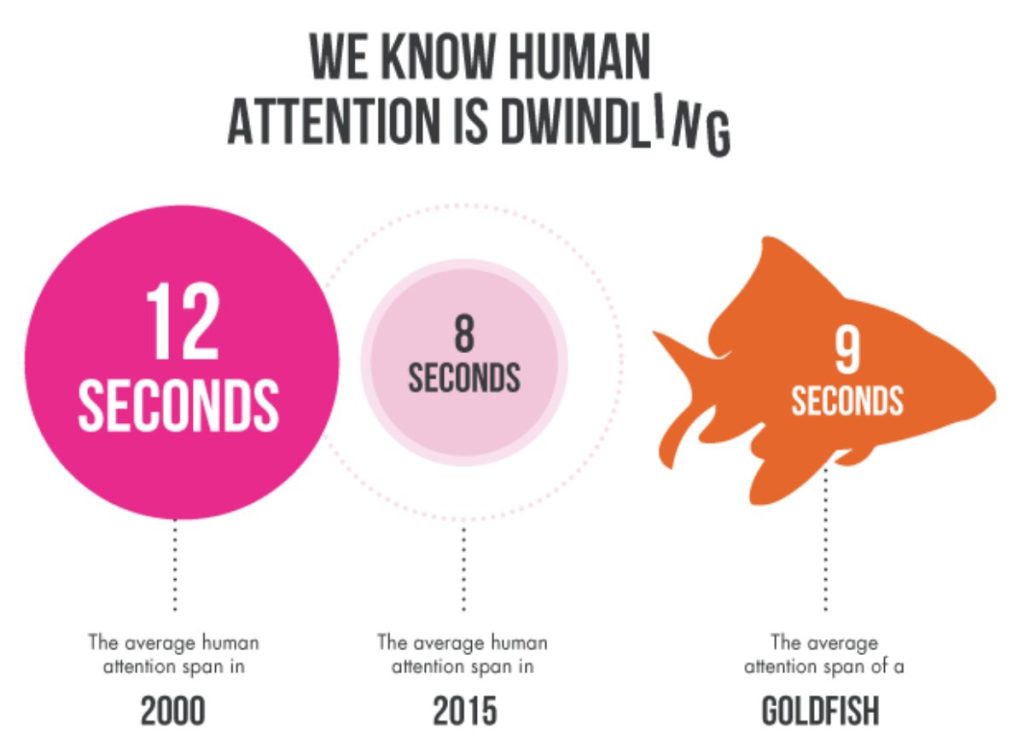The sun shone brightly over the university as I prepared to deliver my lecture on brand resonance. Young and energetic Gen Z students filled the classroom. To break the ice, I started the session by asking a simple yet thought-provoking question:
“Which brands do you think just sell, and which ones inspire?”
The classroom buzzed almost instantly. Students eagerly raised their hands as brand names like Apple, Nike, Cadbury, Dove, Shan, Tapal, and local fashion labels echoed through the room. But it was not only the energy that caught my attention, it was the “why”. Why did they recall certain brands immediately, while others didn’t inspire them enough to come to mind?
Why did some brands fade into the background while others became part of their identity?
It’s becoming increasingly clear that Gen Z is not born to consume passively. They are looking for something beyond physical attributes; they want to attach meaning to the brands and build novel relationships. This generation does not just focus on aesthetics. They pay close attention to your brand’s purpose. Gen Z, also known as Zoomers, born between 1997 and 2012, is the first generation to grow up online.
These digital natives navigate a landscape where technology is not just omnipresent but also deeply rooted in every part of life. Their impulsive nature pushes brands to capture their attention within seconds, as they are quick to abandon or unfollow anything that feels inauthentic or overtly sales-driven.
But most importantly, they are emotionally selective and appreciate those brands that align with their sense of identity. Here are a few of my thoughts that I have picked up through my regular interaction with Gen Z students.

Why They Don’t Care About Brands in the Traditional Sense
More than any previous demographics, Gen Z tends to be discerning customers and not easily impressed by overnight success or brands that emerge to ride a bandwagon. They have seen enough viral launches and trend-chasing campaigns to distinguish between hype and heart.
Even Gen Z pays close attention to brands that suddenly gain visibility and sales during the current boycott movement. They’re eager to determine whether the success is just a fleeting moment or the result of consistent, science-backed brand building. Do these brands continue showing the same appeal when the spotlight dims?
Reaching out to this generation takes more than catchy slogans or shiny visuals; it calls for a genuine approach that respects their needs. To truly connect, brands need more than a lucky chance. They need relevance. That involves appearing with clear values, long-term purpose, and an openness to grow, not just staying stagnant and making noise, because, for Gen Z, resonance is not built in a moment. It’s built over time.
Real Stories Matter More Than Scripts
It is not that Gen Z completely disregards fancy brand stories and celebrity endorsement altogether. They still interact, but only when it feels relevant. Gen Z don’t buy into out-of-touch, overly scripted campaigns that lack authenticity.
They are digital natives with endless access to information, which makes them vigilant at spotting when something feels manufactured or inauthentic. In some brand categories, celebrity content might work, but only if endorsements seem genuine rather than purely transactional. It feels like “less text and more visuals” appears to be the best mantra when it comes to resonating with Gen Z.
Often, influencers with compelling narratives and lived experiences reshape what a brand truly represents. Instagram reels, stories and even relatable TikToks speak louder than any heavy budgeted campaigns. Gen Z wants to see the people behind the product and the meaning behind its message. If it is not rooted in something meaningful, they scroll past without a second thought.

They Don’t Want to Be Sold; They Want to Purchase
Gen Z doesn’t respond well to being treated like passive customers. They want to be part of the brand-building process. Whether it’s about co-creating content or giving feedback, this generation wants to get a seat at the table.
Consider Daraz as an example, during their mega sales campaigns, Daraz doesn’t just offer huge discounts; they host live streams, influencer collaborations, and interactive content that invites customers to participate. They have redefined shopping into a social experience where Gen Z isn’t just casually browsing; they are engaging and sharing.
So, if you truly want to retain Gen Z customers, ready to act like you are on call. This segment values to those brands that show up consistently and respond in real time. For Gen Z, brand loyalty is not built on a single purchase, but it’s a long-term commitment with consistent involvement.

What Marketers Must Unlearn
Gen Z don’t follow a linear path when it comes to brand loyalty. For them, it’s earned through moment-by-moment experiences. One misstep, and they will cut off instantly without any hesitation. This generation doesn’t stick around out of habit; they stay with brands that understand them as individuals not just as customers.
Gen Z gravitates toward unfiltered and honest conversation over overly scripted perfection. More importantly, silence is no longer safe. Choosing to remain neutral on major social issues can be considered ignorance. Gen Z actively pushes for change in societal matters, wants more action, and expects brands to play a part.

What to Do Instead
Saying your brand stands for sustainability or purpose-driven marketing is no longer enough. Gen Z wants to see the receipts. This generation has a sixth sense and is quick to fact-check. According to a study by CNBC, a staggering number of Gen Z are willing to pay high prices for brands aligned with any social cause. For Gen Z, fulfilling social responsibility is the bare minimum.
Brands that know how to connect with Gen Z customers are the ones that stand beyond the surface-level engagement. So, if your brand is not truly committed to any social contribution, they will see right through it and click away without any second judgment.
A well-crafted strategy without meaningful action feels void, and Gen Z can sense that disconnect. They are attracted to brands that not only talk the talk but walk it transparently and with measurable impact. If you claim sustainability, show the progress you are making. In short, integrity is not just a value for Gen Z; it’s the minimum standard.
“A brand is no longer what we tell the consumer. It is what consumers tell each other it is.”
Scott Cook
Gen Z doesn’t just want to follow brands. They want to resonate with them. They want to feel included and gravitate toward interactive digital spaces where their ideas are valued and their input shapes the brand experience. Having grown up in a participatory digital ecosystem, this generation views Q&As, DMs, and comment sections as intimate spaces where conversation flows naturally.
Gen Z pays close attention to how brands respond. Is the feedback genuinely considered? This generation does not have the patience to sit idle waiting for a tailored reply; they want interaction in real-time, and anything less makes the brand seem disconnected.
Show Up Where Gen Z Hangs Out
While traditional media still plays a significant role, Gen Z spends most of their time in digital spaces that feel interactive and personal. Social media platforms like TikTok, Instagram, and YouTube are where trends start and opinions form in real-time.
These are not just channels for promotional messages. They are communities where Gen Z expects brands to listen. The brands that do well here don’t show up with overly polished promos. They show up as human, relatable, and responsive. If you want to matter to Gen Z, you need to win them where they already are, physically and emotionally.
Connection Over Control
The Gen Z segment in Pakistan is expressive and digitally active, but many brands still default to conventional, top-down messaging. This creates a mismatch. Some players, like Daraz, Zero Lifestyle, and many other DTC brands, are on the way to exploring influencer collaborations.
Still, there is a long way to go in making digital feel less like an “add-on” and more like a core strategy. For Gen Z, branding is no longer a monologue. With an average attention span of just 8.25 seconds, Gen Z is a challenge for brands trying to hook their attention.
But if you catch it, they are one of the most loyal audiences a brand can ever find. So, if you want them to care about your brand, show them that you care about them. Then, invite them into the journey because relevance is not claimed in this new marketing era. It’s co-created.











